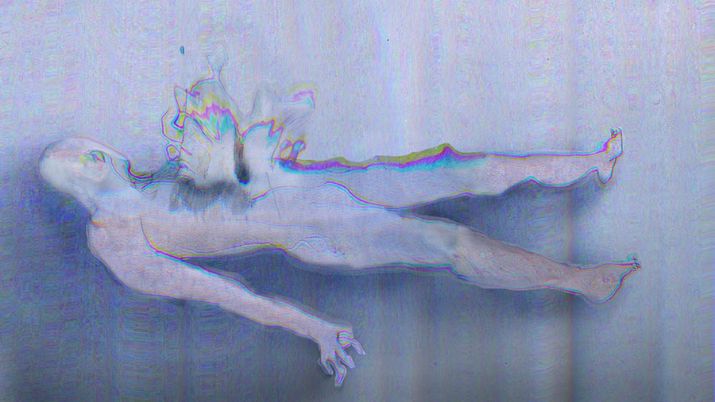

Image by Katherine Bowers and Kate Holland. A network graph of directed character speech in the novel Crime and Punishment. Created by Katherine Bowers and Kate Holland in Gephi using data from their encoded Dostoevsky corpus.
Dr. Katherine Bowers and Dr. Kate Holland (U of Toronto) have received a SSHRC Insight Grant for the project “Computational Dostoevsky.” This funding will support the project through 2029.
“Computational Dostoevsky” both continues and represents a new stage of the digital humanities project “Digital Dostoevsky” (2019-24). “Digital Dostoevsky” focused primarily on corpus encoding and methodological exploration. “Computational Dostoevsky” will move on to using the fully encoded corpus to address specific research questions in a series of case studies. With the support of the SSHRC Insight Grant, Bowers and Holland plan to complete a book, Computational Dostoevsky: Style, Form, Space, and Time. This monograph will use computational text analysis to examine the writer’s major novels as a corpus, enabling study of the development of the Dostoevskian novel as a literary form over time. Harnessing DH methodologies such as network analysis, topic modeling, and stylometry to examine continuities and differences within the Dostoevskian novel itself, Computational Dostoevsky will consider Dostoevsky’s contributions to the global history of the novel as a narrative form.
The first research article from the project appeared this summer in the journal Slavic Review: “The Failure of Form: Reading Liminality Computationally in Dostoevskii’s The Double.”
More information about the project including regular updates and links to the encoded Dostoevsky corpus can be found on the Digital Dostoevsky website: https://www.digitaldostoevsky.com.


